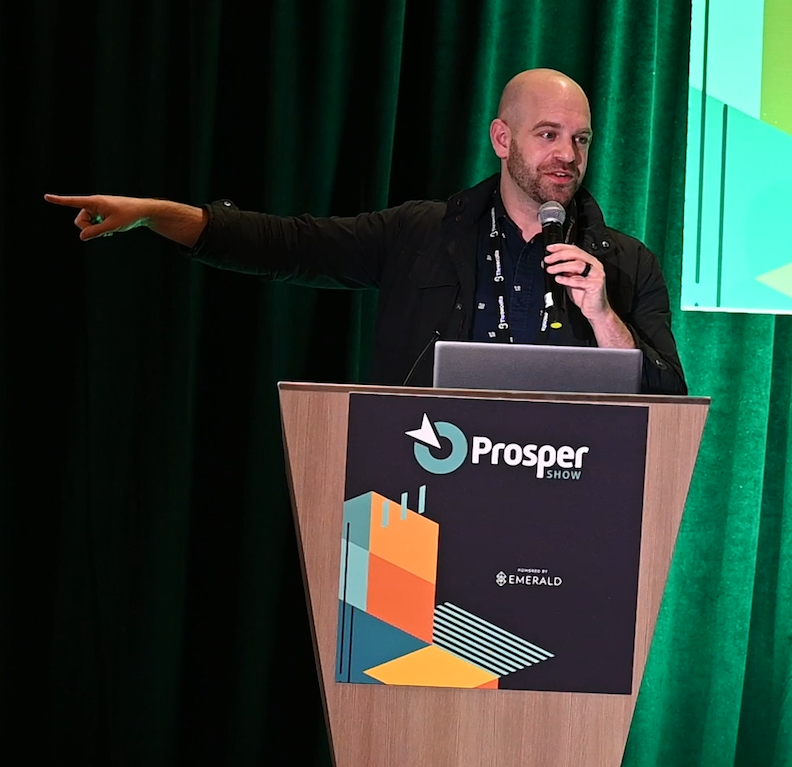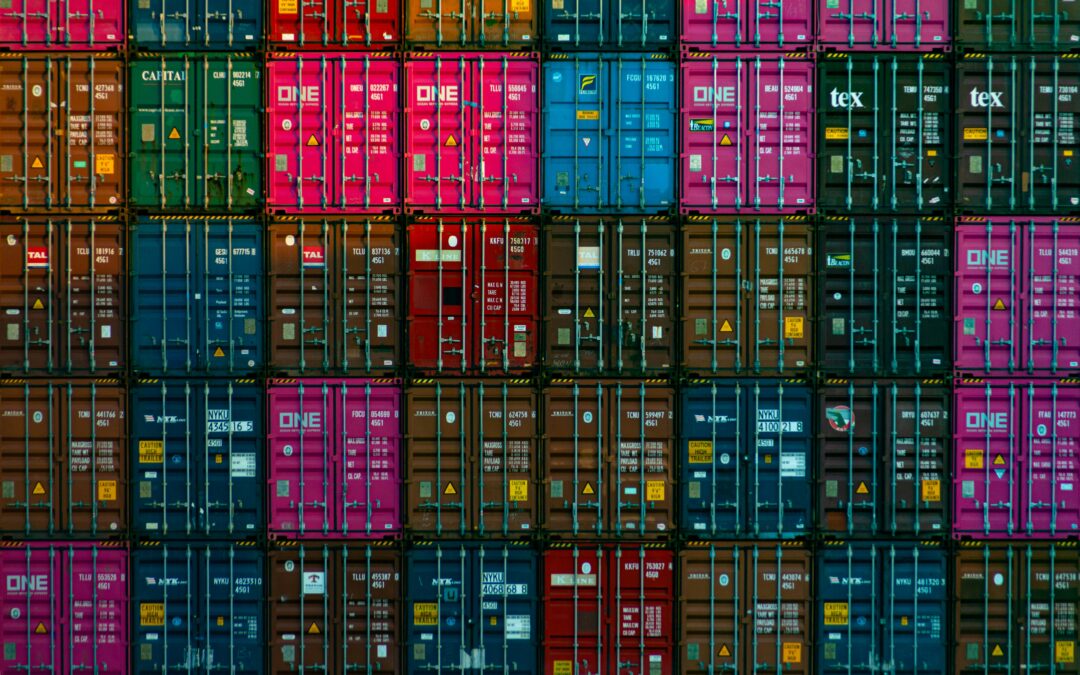Photo by Teng Yuhong on Unsplash
WASHINGTON, D.C. – The Trump administration ended the de minimis exemption last week. The loophole once allowed packages valued at less than $800 to enter the country tariff-free. The Latin phrase “de minimis” translates roughly to “of trifling importance” but the opposite is true for many online sellers.
“The end of the $800 exemption is going to sting,” says Rob Wiltsey, executive producer, VideoFresh, “especially for sellers who built their model around frequent small imports. It means more paperwork, higher costs, and slower shipping.”
What are the headaches (or benefits) of removing the exemption? What can be done in response? We took a quick survey.
“We knew changes to de minimis were coming. We just didn’t expect it to happen so quickly—and right before the holiday season. Every shipment now carries added cost and customs complexity, which will cause disruption for sellers and consumers. The smartest move now is to reassess inventory flows, lean on U.S. warehousing and 3PL partners, and build in extra lead time.” — Shannon Curley, director, Marketing and Growth, Tactical Logistic Solutions and independent consultant.
“The end of the de minimis exemption marks a turning point for global commerce. Brands worldwide will face higher costs, greater complexity in cross-border trade, and the urgent need to adapt pricing and logistics strategies to maintain consumer trust and competitiveness. Small businesses will be impacted by this the most.” — Mandeep Kaur, full-time Amazon FBA seller based in Vancouver, BC
 “The end of the $800 de minimis exemption is going to sting, especially for sellers who built their model around frequent small imports. It means more paperwork, higher costs, and slower shipping. Shifting to bulk imports and U.S.-based fulfillment isn’t always simple. It requires more cash flow and planning, but it’s the direction most sellers will need to move. The upside is that this change levels the playing field, and those who make the shift effectively will be better positioned to compete and scale over time.
“The end of the $800 de minimis exemption is going to sting, especially for sellers who built their model around frequent small imports. It means more paperwork, higher costs, and slower shipping. Shifting to bulk imports and U.S.-based fulfillment isn’t always simple. It requires more cash flow and planning, but it’s the direction most sellers will need to move. The upside is that this change levels the playing field, and those who make the shift effectively will be better positioned to compete and scale over time.
“With the end of the $800 de minimis exemption, sellers relying on small imports will feel the pinch just as Q4 ramps up. It means more paperwork, higher costs, and slower shipping. Shifting to bulk imports and U.S.-based fulfillment isn’t always simple. It requires more cash flow and planning, but it’s the direction most sellers will need to move. From our perspective at VideoFresh, it makes conversion optimized content even more critical. If margins tighten, your product pages need to work harder. The brands that plan ahead, bulk up inventory, and double down on conversion optimized video will be the ones that win holiday shoppers.” — Rob Wiltsey, executive producer, VideoFresh, Pasadena, Calif.
“In talking with clients, we’ve found many e-commerce brands plan to pass the added costs on to consumers. Because this policy change impacts all sellers across the board, the bigger effect will likely be felt by shoppers rather than the businesses themselves. Ending the de minimis exemption feels like a step in the wrong direction—globalization of e-commerce isn’t slowing down, even if the U.S. wants to shift away from it.” — Josh Hall, owner and founder, Micromercial
“For Amazon sellers, the end of de minimis is a double-edged sword. On one hand, it finally removes the unfair advantage of overseas drop-shippers who could undercut U.S. brands by dodging duties and compliance. On the other hand, it raises the bar of survival. Sellers who have built real inventory positions in the U.S., whether by importing in bulk, using FBA, or running their own warehouses, now gain leverage. However, the smaller international sellers who relied on cheap postal networks to drip-feed inventory into the U.S. marketplace are effectively wiped off the board.
“From Amazon’s perspective, this plays directly into their hands. Amazon has always thrived when chaos forces consolidation. They already have the infrastructure, bonded warehouses, customs compliance, and domestic fulfillment that foreign sellers now need but can’t afford. Expect Amazon to quietly pitch itself as the ‘solution’ for overseas brands who want to keep selling to Americans: bulk import to FBA, let Amazon handle the duties, and keep your listings alive. That means Amazon doesn’t just avoid the downside of this trade shift, they turn it into another dependency hook for global sellers. The irony? The very loophole that built Shein and Temu is gone, but the world’s largest loophole (Amazon itself) just got bigger.” — Charles Chakkalo, Brooklyn, N.Y.-based entrepreneur (www.CharlesTheSeller.com)


Recent Comments